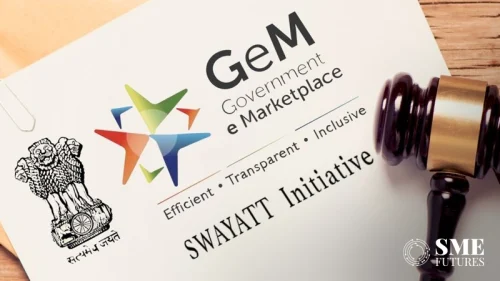Industry experts on Friday welcomed the move by the Reserve Bank of India (RBI) to permit the use of third-party UPI apps for making digital payments from prepaid payment instruments (PPI) wallets.
PPIs can come in the form of payment wallets, smart cards, magnetic chips, vouchers and mobile wallets, etc.
At the moment, UPI payments from PPI can only be through the web or mobile app provided by the PPI issuer.
Shivaji Thapliyal, Head of Research and Lead Analyst, Yes Securities, said that at the moment, the wallet market had been thrown wide open due to the RBI’s diktat on Paytm Payments Bank.
“The new guideline, in a sense, serves to make PPI wallets somewhat inter-operable and democratises the wallet market to that extent,” said Thapliyal.
In FY23, Paytm Wallet had a gross merchandise value (GMV) of $19.1 billion, with Mobikwik being a distant second with $1.01 billion GMV.
“It would be interesting to see what scenarios could emerge if third party UPI apps, which would include Paytm, would be able to access other PPI wallets,” Thapliyal noted.
With the RBI’s move, the PPI wallet holders will not have to be completely dependent on the issuer of the PPI wallet.
It would, thus, enhance customer convenience and boost adoption of digital payments for small value transactions.
Furthermore, the RBI’s decision to keep the repo rate unchanged at 6.5 per cent aligns with expectations, said Shishir Baijal, Chairman and Managing Director, Knight Frank India.
“It provides added support to consumers, ensuring economic growth remains robust. Furthermore, the RBI Governor’s optimism is bolstered by the resilience in domestic macro fundamentals,” he said.
Sanjay Agarwal, Founder, MD and CEO, AU Small Finance Bank, said the RBI’s maintenance of status quo on the repo rate and the policy stance marked by ‘withdrawal of accommodation’ is a “prudent decision amid increasing geopolitical uncertainties and any adverse climate impact”.
Dilip Modi, Founder, Spice Money, said that this move will not only simplify the payment process for PPI users but also open up a plethora of digital payment opportunities previously inaccessible to them, “further enhancing customer convenience and boosting the adoption of digital payments, especially among small businesses”.











